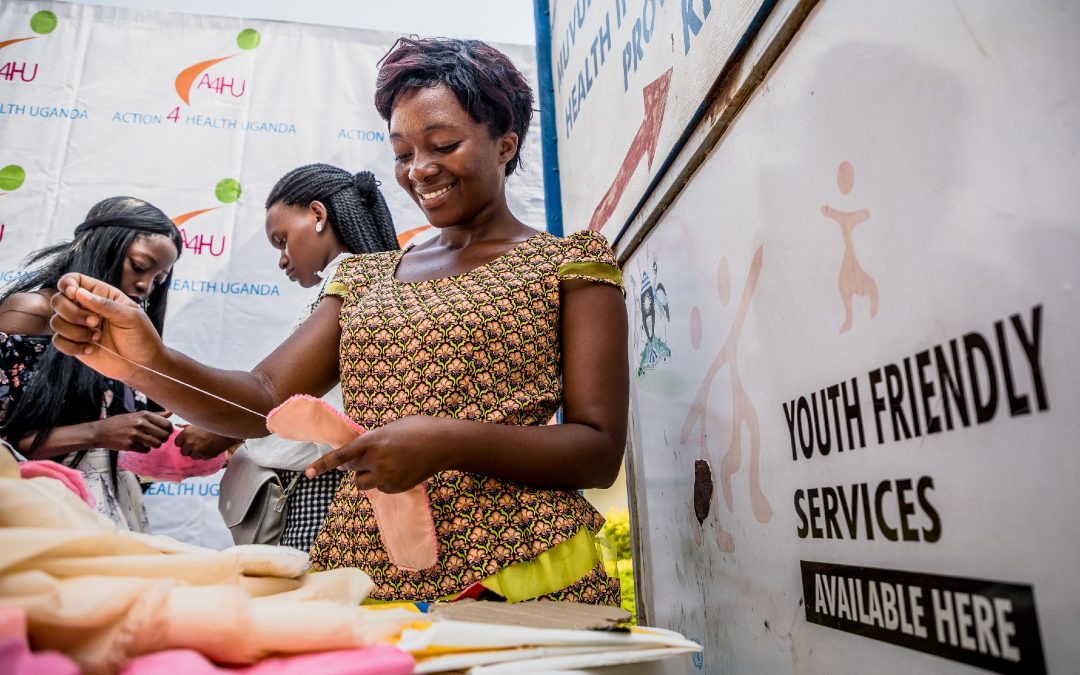Promoting sexual and reproductive health and rights (SRHR) for all is essential if we are to achieve the Sustainable Development Goals (SDGs) and leave no one behind.
DSW, together with the International Planned Parenthood Federation – European Network (IPPF EN), within the framework of the Countdown 2030 Europe consortium, have published a series of factsheets to showcase how SRHR are strongly interlinked with some of the thematic areas identified as priorities in achieving the goals of Agenda 2030. In recent years, the European Commission has been focusing its external action on a set of priority areas, including the promotion of sustainable jobs and growth, the digital transformation, and the promotion of a green deal to fight the climate crisis.
By presenting concrete examples and case studies, the factsheets show how progress in these key sectors will not be possible without a strong focus on gender equality and by advancing SRHR. In particular, the European Union will need to take into consideration the importance of SRHR and gender equality in advancing its International Partnerships agenda.
In particular:
- In the undergoing programming of EU future external funding instruments (2021-2027) and when identifying the key priority sectors for its intervention in partner countries.
- When agreeing with African partners on the priorities for the renewed strategic partnership between the EU and the African continent, and the summit between the European Union and African Union tentatively planned in 2021.
You can find the links to the three factsheets below.
No decent work and economic empowerment without sexual and reproductive health and rights.
Achieving sustainable growth that works for people is only possible if we empower women and youth, which in turn is only achievable if we focus on gender equality and SRHR. SRHR services are critical for women, girls, and young people to live healthy lives, to address violence and unfair power relations in their lives, to be free to participate in economic but also social and political life, and to make decisions governing their bodies freely. Barriers in access to care and information affect women and young people’s ability to exercise free choice, participate meaningfully in economic life and contribute to sustainable development and growth.
How digitalisation and sexual and reproductive health and rights can strengthen one another.
Digitalisation offers amazing opportunities for health and empowerment around the world, but ensuring equitable participation in the internet age throws up many challenges, and the stakes are highest in vulnerable and underserved communities, particularly for women and girls.
The link between sexual and reproductive health and rights and the European Green Deal.
The climate crisis and resulting environmental degradation have a significant impact on people all around the world, especially in low income and least developed countries. In addition, they are also inequality amplifiers: women are disproportionally affected as a result of gender discrimination and socially constructed roles and can lead to an erosion of SRHR.

